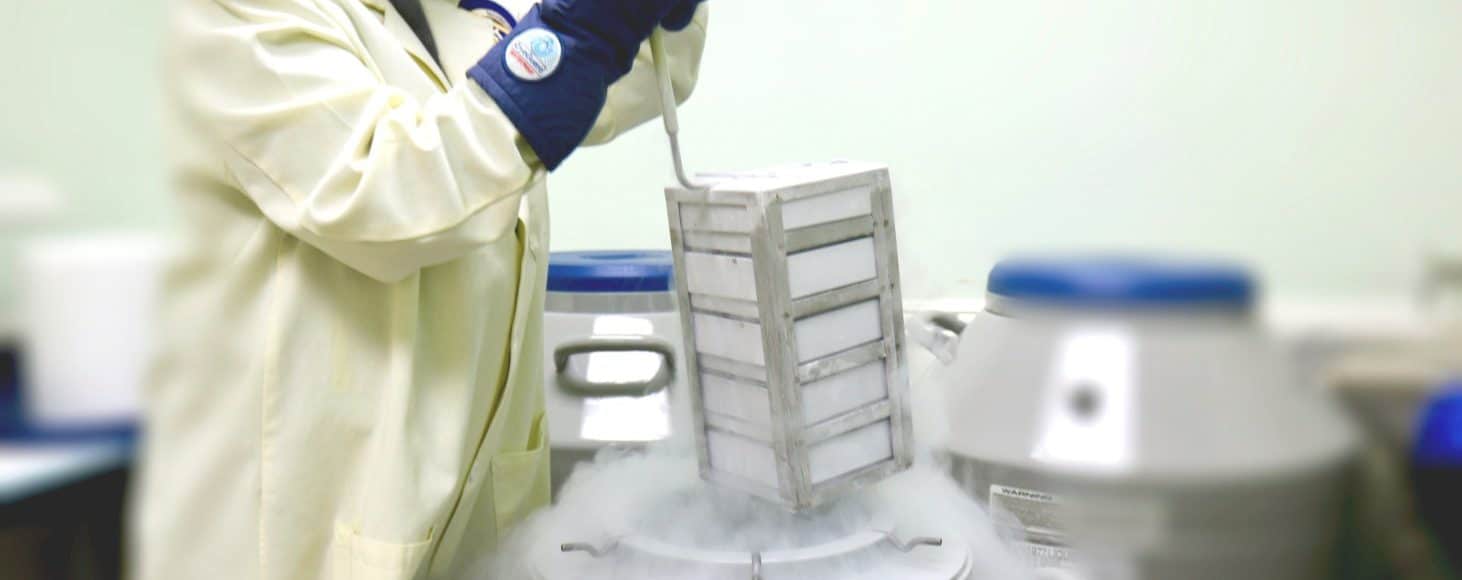A type of medical test that detects genetic changes, chromosomes, or proteins is called genetic testing. A genetic test can help to confirm or rule out a potential genetic condition or determine the likelihood of someone developing or passing on a particular genetic disorder. There are more than 77,000 genetic tests currently available, and many others are in development.
What are the benefits of genetic testing?
Genetic testing done by cytogeneticists can reveal information about a person’s genetic history. Genetic testing can be used for the following purposes:
Diagnostic Testing:
Diagnostic testing is used for the diagnosis or ruling out of a particular genetic or chromosomal condition. Genetic testing can be used in many cases to confirm a diagnosis when a condition is suspected on the basis of physical symptoms and signs. Although diagnostic testing is available before or after birth, it cannot be done for all genetic conditions or all genes.

Image Source: Google
Carrier Testing:
Carrier testing can be used to determine if someone has one copy of a mutation in a gene that causes a specific genetic disorder. This testing is available to those who have a genetic disorder in their family and to those who are members of certain ethnic groups at higher risk for specific genetic conditions. The test can be used to determine if both parents have been tested.
Prenatal Testing:
Prenatal testing can be used to detect any changes in the chromosomes or genes of a fetus before birth. If there is a higher risk of a baby suffering from chromosomal or genetic disorders, this type of testing can be done during pregnancy. Prenatal testing may be helpful in reducing uncertainty and helping couples make informed decisions about their pregnancy.